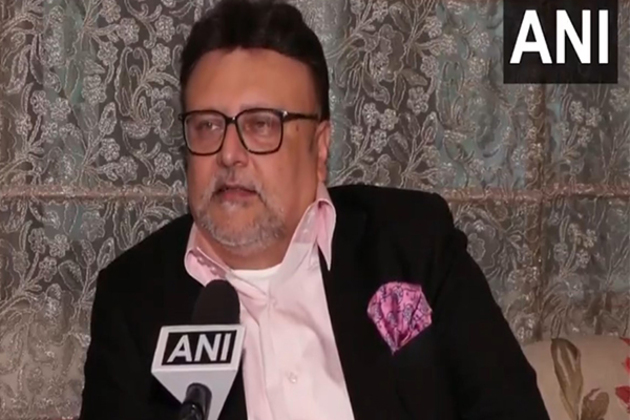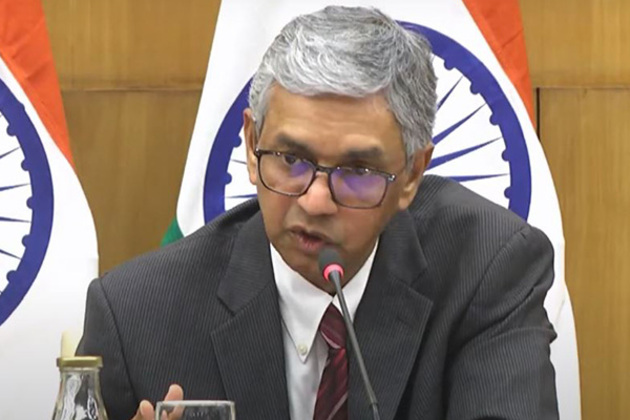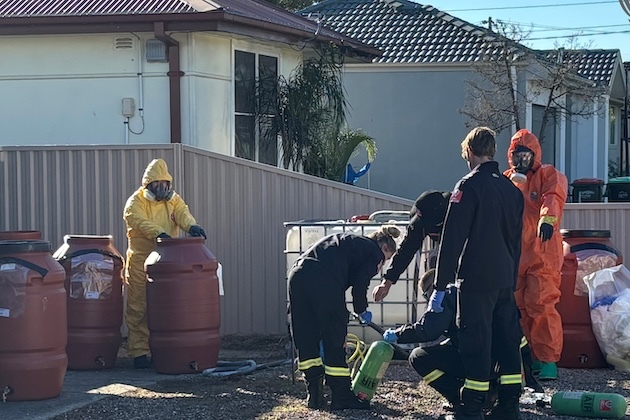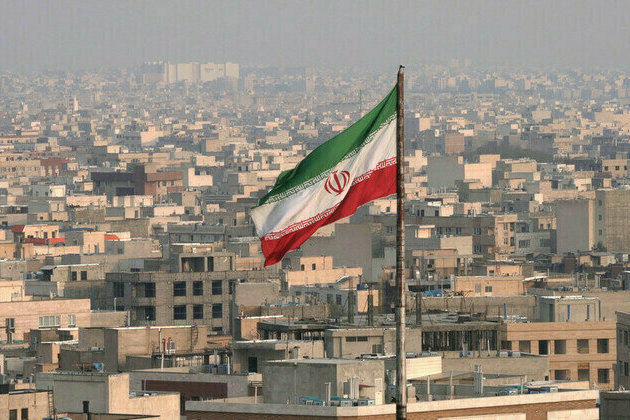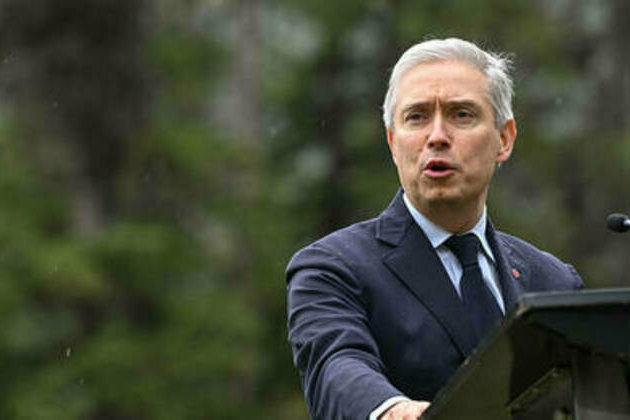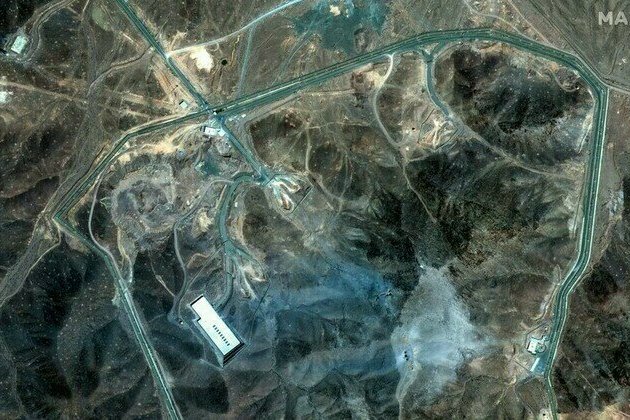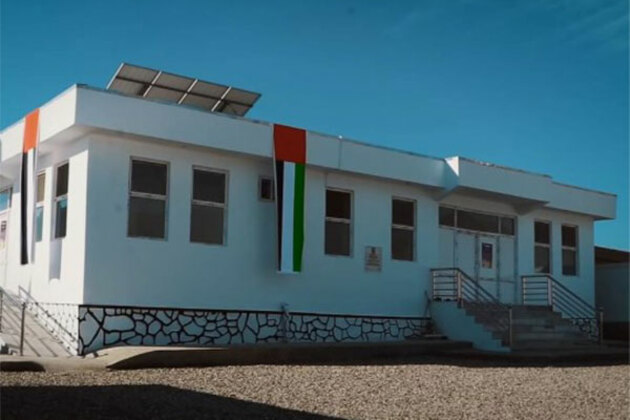How using the military in Nigeria is causing, not solving problems
The Conversation
14 May 2019, 20:12 GMT+10
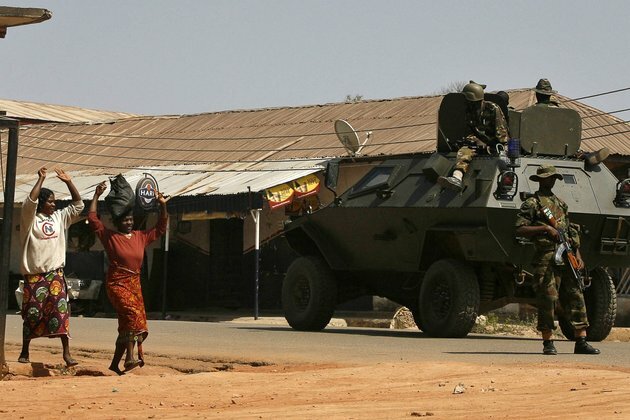
Governments have a responsibility to protect their citizens against external aggression and internal violence. The first is usually the responsibility of the military. The second duty falls on the police.
But in Nigeria, the government often deploys the military to restore order and to keep the peace. This is largely due to the inability of the police to contain violent conflicts, particularly in areas where armed groups are active.
This is the situation in Jos, the capital of Plateau State in the centre of Nigeria, just north of the administrative capital Abuja. The military has been used to maintain security since violence broke out between Christians and Muslims in September 2001.
The violence has evolved into one of the most enduring conflicts in Nigeria. Initially, angry young people used crude implements such as axes, sticks and machetes. Now various organised ethnic and religious militias wield small arms and light weapons. The conflict has spilled over into most parts of the state, with a pattern of hit-and-run attacks developing.
Several studies have indicated support the use of the military as a necessary evil to ensure the return to peace in the region.
But my study found that using the military to quell internal conflicts and restore order causes several problems. These included undermining the legitimacy of the military mission, as well as failing to quell the violence. In my PhD thesis I concluded that the conduct of soldiers only worsens the security situation for ordinary people.
I identified two factors as responsible for the problems. The first was a lack of military professionalism. Soldiers often intimidate and coerce civilians. They also engage in corruption and extortion, especially at military checkpoints. Some soldiers also subject civilians to psychological and emotional abuse. Yet others engage in blatant and flagrant acts of sexual and gender-based violence.
The second factor I identified was the fact that the command-and-control structure of the military is at odds with the way society operates.
These problems could be addressed with effective civil control of the military. But the study argues that civil control is weak in the country.
The use of the military
The response of the Nigerian government to growing levels of insecurity has increasingly been to use the military. Several peace and security conferences and commissions of inquiry have been instituted. But these yielded little or no result due to the lack of political will by the government to implement the recommendations.
The military has been deployed because of the weaknesses and inadequacies of the Nigerian police. Inadequate training, shortage of manpower as well as policing equipment, coupled with excesses have added to the erosion of public trust in the police and their legitimacy.
But the use of the military has introduced a host of new problems.
In my study I set out to understand whether the Nigerian state is exercising adequate civil control of the military to ensure that it doesnt become a threat to the citizenry and exacerbate insecurity. I conducted 55 one-on-one interviews with civilians in six local government areas in Plateau State.
The study found that civilians see the military as exacerbating insecurity. For example, increased militarisation has led to peoples movements and activities being severely restricted. And several emergency rules have been declared. These have involved suspending civilian government and replacing it with military administrators.
Another finding was that dereliction of duty is rife among soldiers, with some choosing which distress calls from citizens to respond to or not.
On top of this, theres tension between military culture and civilian values. The military operates a culture which follows an authoritarian leadership style, and is combat-focused. For their part, civilians are more likely to seek resolution to issues and to use the criminal justice system to adjudicate problems.
This has led to relations between civilians and the military becoming severely strained.
Lack of civil control
A bigger problem is the weak civil control over the Nigerian military. This has led to a lack of accountability and compliance with rules of engagement.
Nigerian law subordinates the military to civil control and parliamentary oversight. Ideally, this should ensure that the military acts within its mission and mandate. But, the problem lies with implementation. The culture of civilian supremacy over the military is not as yet well institutionalised.
The result is that citizens counteract abuse by the military in various ways. One way is to simply comply with the demands and orders of the soldiers, even when they are illegitimate. Another entails non-violent resistance or non-compliance. For example, its common for civilians to refuse to cooperate and share information with the military.
A third way is to collaborate with compromised soldiers. The fourth is to use various forms of violent resistance. This involves people either aligning with armed groups, or forming their own. This proliferation of armed groups worsens insecurity.
My study also showed a sharp difference of opinions between people of different religions. Christians contended that the military was biased in favour of Muslims. For their part, Muslims didnt share this view.
What needs to happen
The use of the military is not an effective intervention against internal armed conflict. This is especially so in states with weak institutional control over the military as is the case in Nigeria.
The more recent setting up of a peace building agency is a more plausible alternative towards bringing the violent conflict to an end through effective mediation and peace education. The use of the military needs to be reconsidered and the peace building agency should focus on reuniting people and bridging the gap between the reactive security measures with proactive conflict prevention strategies. This is the only way in which trust and relative peace can be restored in this once peaceful Nigerian state.
 Share
Share
 Tweet
Tweet
 Share
Share
 Flip
Flip
 Email
Email
Watch latest videos
Subscribe and Follow
Get a daily dose of Kenya Star news through our daily email, its complimentary and keeps you fully up to date with world and business news as well.
News RELEASES
Publish news of your business, community or sports group, personnel appointments, major event and more by submitting a news release to Kenya Star.
More InformationAfrica
SectionAva Phillippe makes red carpet debut with boyfriend Dakota Brubaker
Washington DC [US], June 30 (ANI): Actress and film producer Reese Witherspoon's daughter Ava Phillippe stepped out on the red carpet...
"There's more to come": Woakes cautions India of Stokes threat ahead of second Test
Birmingham [UK], June 30 (ANI): England's experienced pacer Chris Woakes has issued a captain Ben Stokes warning and cautioned about...
"India has significant role to play this time": BRICS chairman hails PM Modi's initiatives
New Delhi [India], June 30 (ANI): Harvansh Chawla, Chairman of the BRICS Chamber of Commerce and Industry, highlighted India's importance...
Brazil keen on defence collaboration with India, interested in Akash Air defence system, Garuda artillery guns: MEA
New Delhi [India], June 30 (ANI): The Ministry of External Affairs (MEA) on Monday highlighted that Brazil has expressed significant...
Vocal critic of West seeks reelection as Ugandan leader
Yoweri Museveni has led the African nation for decades after first coming into power in 1986 Ugandan President Yoweri Museveni has...
Apple Music partially restores sanctioned Russian artists
The platform has brought back the profiles of the likes of Shaman and Polina Gagarina Apple Music streaming service has restored...
World
SectionWestern Sydney raid results in seizure of $25 Million in drugs
SYDNEY, NSW, Australia - , Australian Federal Police (AFP) have shut down a secret drug lab in Sydney's west and seized more than 100kg...
Iran warns Ukraine of consequences over recent comments
The Foreign Ministry has delivered a note of protest over Kievs support for US and Israeli military actions Tehran has summoned Ukraine's...
Canada scraps tax on tech giants in bid to revive US trade talks
US President Donald Trump had halted negotiations with Ottawa over what he called an attack on American companies ...
Intel suggests US strikes on Iran caused limited damage WaPo
Intercepted conversations show that Tehran officials expected a worse impact from the attacks on nuclear facilities US strikes on...
Pakistan: Sindh records first dengue death of 2025; most cases in Karachi
Karachi [Pakistan], June 30 (ANI): The Sindh province in Pakistan reported its first dengue-related death of 2025, with a 24-year-old...
UAE-funded maternity clinics bringing hope to Afghan families
Jalalabad [ Afghanistan], June 30 (ANI/WAM): The UAE-funded maternity clinics are bringing hope to Afghan families. In Jalalabad, Nangarhar...




